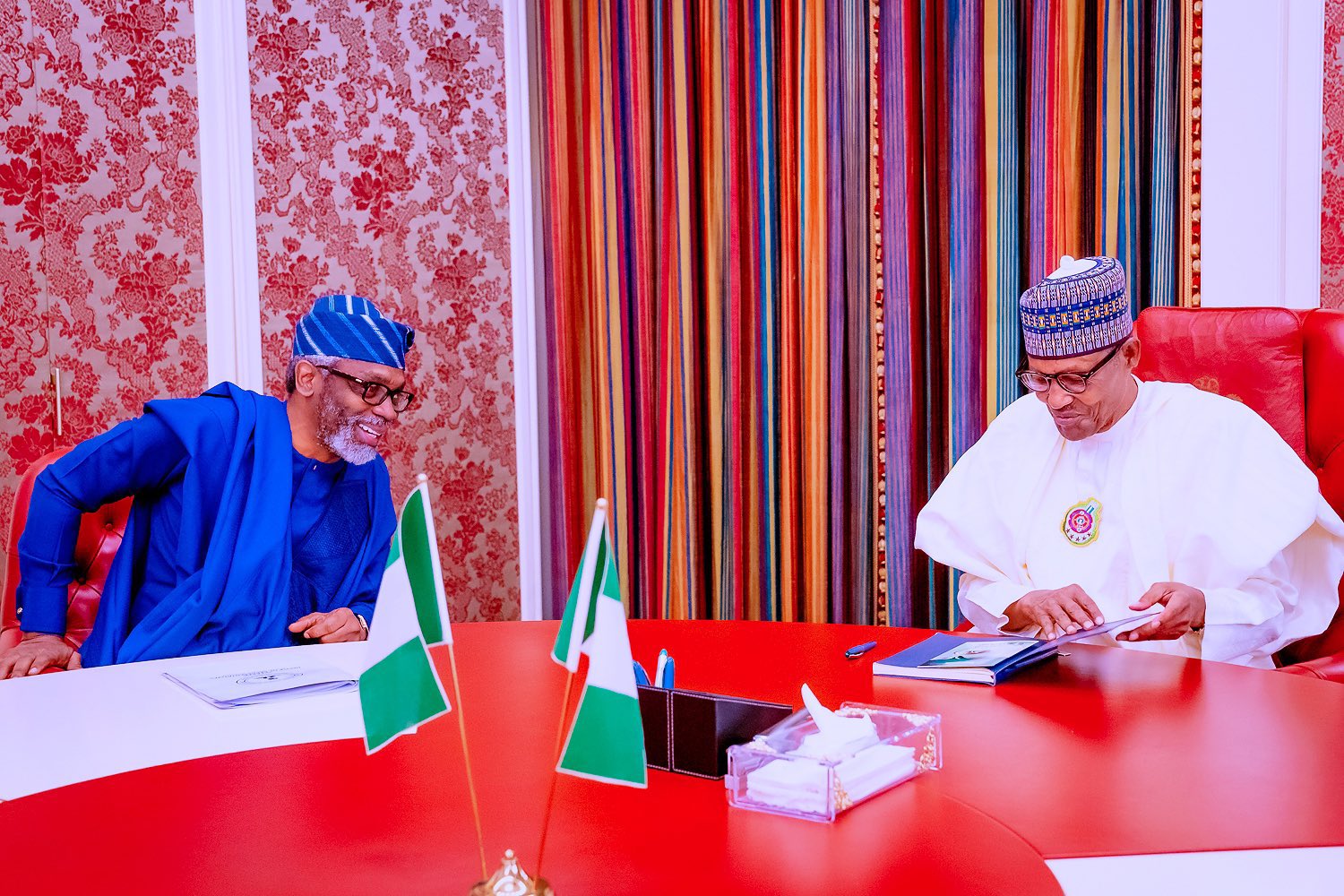Electricity: NISO targets 8,500MW generation, seeks private sector investment
The Nigerian Independent System Operator said it is targeting to increase the country’s electricity generation to at least 8,500 megawatts.
During a senior leadership retreat in Abuja on Wednesday, Abdu Mohammed, managing director/chief executive officer of NISO, called on private sector investment to achieve the goal.
According to him, with improved sector coordination, strategic investments, and private sector involvement, the 8,500MW target is achievable.
“8,500MW is a target that can be achieved if we put our house in order, focus on strategy, attract investment, and align actions. We have the resources in Nigeria. If harnessed properly, we can do better. At the end of the day, we expect real-time grid operations, grid modernisation, and improved resilience in grid stability. So it’s achievable,” Mr Mohammed said.
Earlier in April, the Nigerian government took a significant step towards reforming the country’s electricity sector by unbundling the Transmission Company of Nigeria (TCN) into two entities: the Independent System Operator (ISO) and the Transmission Service Provider (TSP).
Under the new structure, the TSP will oversee TCN’s physical infrastructure, including transmission towers, power lines, and substations, while the NISO will take charge of system operations, managing load allocation from generation companies to distribution companies and eligible customers.
In March, TCN said Nigeria generated 5,801 megawatts of electricity, the highest ever by the country.
On the Supervisory Control and Data Acquisition (SCADA) system, a critical component for grid management, Mr Mohammed added that a nationwide SCADA upgrade is underway and expected to be completed by the end of next year.
“The government has awarded a new SCADA contract covering the entire nation. Contractors are working tirelessly, especially across the northern parts. We are making daily progress,” he said.
Also speaking, the Director-General of the Bureau of Public Enterprises (BPE), Ayodeji Gbeleyi, explained that the country currently utilises around 5,500MWh of power daily, far below the national generation capacity of over 14,000MWh.
READ ALSO: DisCos collect N553.63 billion from electricity consumers in three months – NERC
“Where we stand today, we have about 5,500 MW of power being wheeled on a day-to-day basis. Compare that with the fact that the total nameplate capacity for generation in the country is a bit above 14,000 MW. I do hope most sincerely that when we come back here 12 months from now, that generation capacity, based on efficiency of the transmission grid, will be somewhere around 7,500MW to 8,500MW,” he said.
In his remarks, Adesegun Akin-Olugbade, the NISO board chairman, said NISO is not just a new institution but a new idea and a system operator that is truly independent.
“A market coordinator that is truly neutral. A planning authority that is truly strategic. We are responsible for real-time grid operations, long-term system planning, and the coordination and development of the electricity market. These are not side functions, they are central pillars. Because when power fails, everything else, industry, healthcare, education, even security struggles.
“We now have a window of opportunity, a chance to build NISO into a stabilising force for the grid, a trusted referee for the market, and a strategic planner for the future. That future includes more embedded generation, more off-grid integration, more flexible grids, and smarter systems. We must position for it not react to it,” he said.
You may also like...
Diddy's Legal Troubles & Racketeering Trial

Music mogul Sean 'Diddy' Combs was acquitted of sex trafficking and racketeering charges but convicted on transportation...
Thomas Partey Faces Rape & Sexual Assault Charges

Former Arsenal midfielder Thomas Partey has been formally charged with multiple counts of rape and sexual assault by UK ...
Nigeria Universities Changes Admission Policies

JAMB has clarified its admission policies, rectifying a student's status, reiterating the necessity of its Central Admis...
Ghana's Economic Reforms & Gold Sector Initiatives

Ghana is undertaking a comprehensive economic overhaul with President John Dramani Mahama's 24-Hour Economy and Accelera...
WAFCON 2024 African Women's Football Tournament

The 2024 Women's Africa Cup of Nations opened with thrilling matches, seeing Nigeria's Super Falcons secure a dominant 3...
Emergence & Dynamics of Nigeria's ADC Coalition

A new opposition coalition, led by the African Democratic Congress (ADC), is emerging to challenge President Bola Ahmed ...
Demise of Olubadan of Ibadanland
Oba Owolabi Olakulehin, the 43rd Olubadan of Ibadanland, has died at 90, concluding a life of distinguished service in t...
Death of Nigerian Goalkeeping Legend Peter Rufai

Nigerian football mourns the death of legendary Super Eagles goalkeeper Peter Rufai, who passed away at 61. Known as 'Do...




